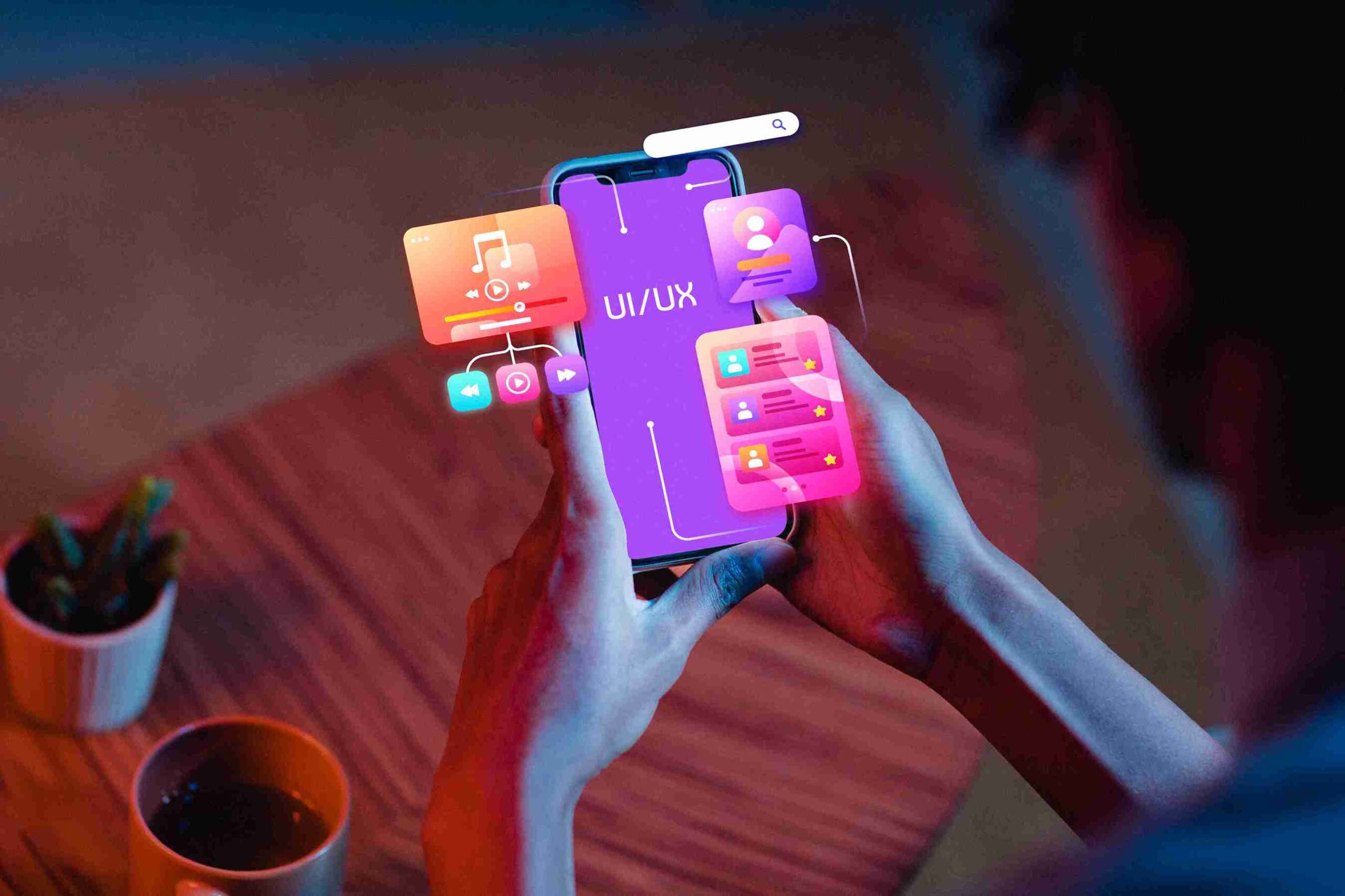Introduction: The Great AI Cover Letter Debate
AI-written cover letters are exploding in popularity. With just a few clicks, job seekers can generate professional letters customized for any role.
But there’s one big question applicants keep asking:
“Will a recruiter know if I used AI… and will they care?”
In this post, we dive into how recruiters actually perceive AI-generated cover letters—based on interviews, surveys, and real-world feedback.
Are Recruiters Aware AI Is Being Used?
Short answer: Yes—many recruiters know AI tools exist and that candidates are using them.
Long answer: They’re often not sure when it’s being used, unless the letter feels robotic, overly formal, or misaligned.
A 2024 hiring survey revealed:
- 68% of recruiters had reviewed a suspected AI-written cover letter
- Only 39% could say with confidence which ones were AI-generated
- 61% said they care more about relevance and effort than the writing source
What Recruiters Actually Look For
Whether human or AI-written, recruiters are scanning for:
✅ A strong opening that mentions the company and role
✅ Relevant experience and quantified achievements
✅ Enthusiasm and cultural fit
✅ Grammar and clarity
❌ Fluff, vague buzzwords, or generic phrases
❌ Letters that repeat the job description word-for-word
In other words, a personalized, value-driven letter wins—no matter how it’s made.
Red Flags That Reveal an AI Cover Letter
Recruiters pointed out some common giveaways:
🚩 Overly generic language
“I am excited to apply for this position at your esteemed organization…”
🚩 Lack of personality or specifics
No mention of company values, projects, or why the role excites the candidate.
🚩 Keyword stuffing
Repeating buzzwords or skills with no context.
🚩 Unnatural phrasing
Sentences that sound perfect but lack flow:
“My alignment with your mission fosters a deep enthusiasm for contribution.”
When AI Passes the Test
AI-written letters that succeed usually share these traits:
✅ Personalized greeting with company name
✅ A sentence showing familiarity with the company’s product, culture, or mission
✅ Specific achievements from the candidate’s past
✅ Natural tone adjusted for the role (e.g., formal for legal, friendly for startups)
✅ Clear structure and no typos
Tip: Recruiters don’t penalize you for using AI. They penalize you for being lazy.
Recruiter Quotes (Real Feedback)
“I don’t care if it’s AI-written—as long as it’s clear, relevant, and shows effort.”
— Tech Hiring Manager, Bengaluru
“The worst cover letters I get aren’t AI-generated. They’re the ones that clearly weren’t customized.”
— Marketing Recruiter, New York
“I’ve seen some incredible AI-assisted letters—when the candidate adds their own story, it really works.”
— HR Lead, Berlin
How to Make Sure Recruiters Don’t Know (or Don’t Mind)
✅ Step 1: Always Edit the Draft
Change the intro and closing paragraph. Add a personal hook or insight.
✅ Step 2: Mention Something Specific
Talk about a company initiative, value, or recent product launch.
✅ Step 3: Add Your Voice
Even one sentence with emotion or story (“I first used your product in college…”) adds authenticity.
✅ Step 4: Avoid Repetition
If it sounds like filler, cut it. Every sentence should serve a purpose.
What Matters More Than the Tool?
Recruiters consistently value:
- Effort over originality
- Clarity over complexity
- Relevance over cleverness
They’re not grading your cover letter on whether it’s handcrafted—they’re evaluating if it communicates why you’re the right fit.
Conclusion: It’s Not About the Tool—It’s About the Intent
So, do recruiters know it’s AI? Sometimes.
Do they care? Only if it shows.
If your AI-generated cover letter is generic, irrelevant, or feels copied-and-pasted—it’ll hurt your chances.
But if you use AI smartly, personalize the output, and add your own spark, it won’t just pass the recruiter test—it might even impress them.
FAQs
1. Can I submit an AI-generated letter without editing it?
Technically yes, but you risk sounding bland. Always personalize.
2. Will companies use AI to detect AI-written letters?
Some may in the future—but most focus on content quality over authorship.
3. How much should I change in the AI output?
Edit the intro, add 1–2 custom sentences, and remove any awkward phrasing.
4. Are recruiters trained to spot AI letters?
No—but they can tell when something feels low-effort or templated.
5. Is using AI considered dishonest?
Not at all—if the information is true and you’ve personalized it, it’s just a smarter way to apply.


